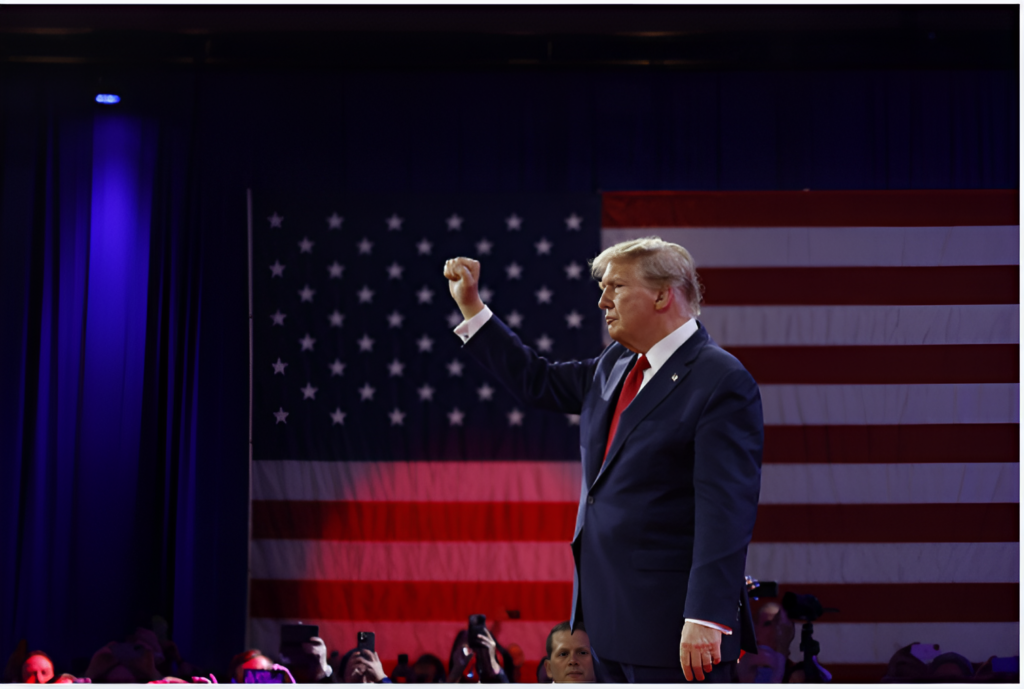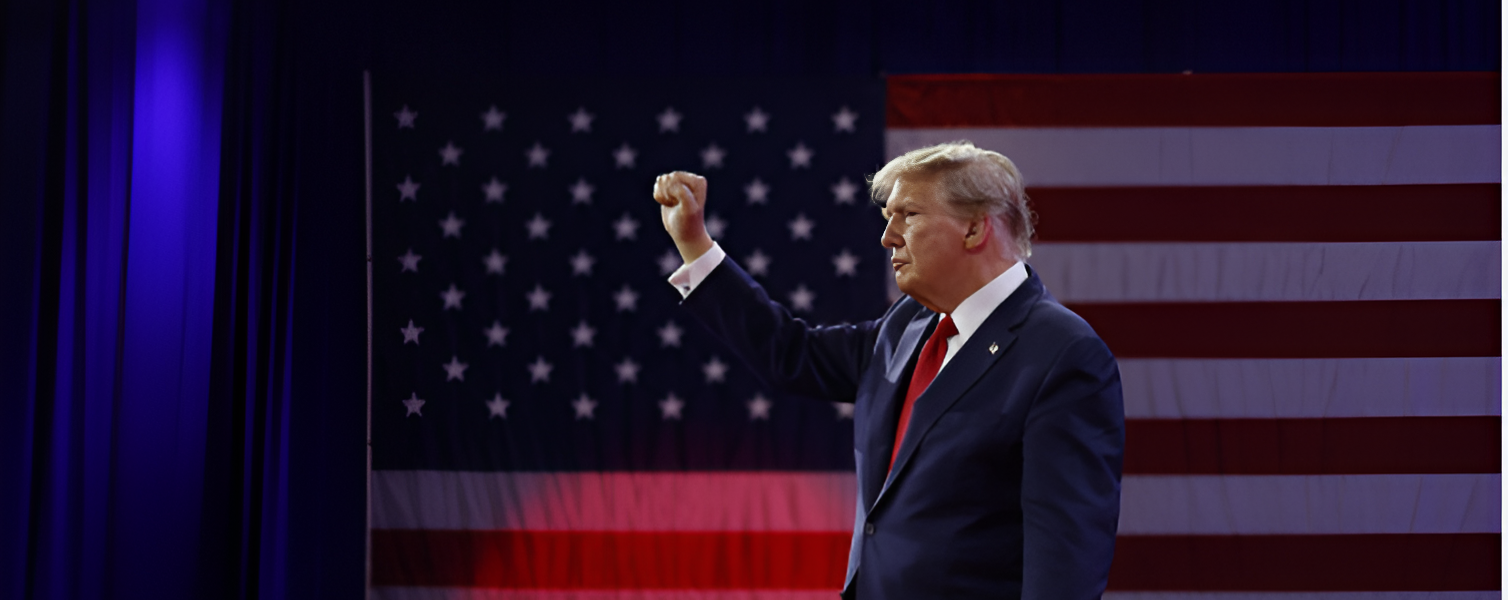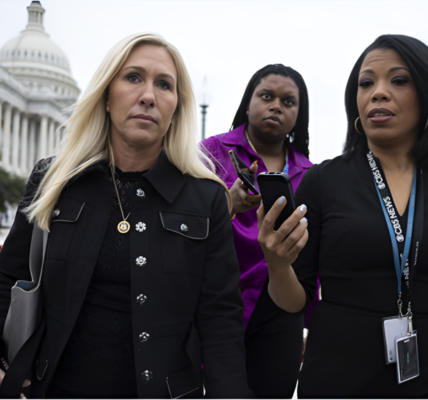
Eight years ago, I watched Donald Trump’s first presidential victory unfold during a breakfast gathering with European policymakers at POLITICO’s Brussels office. The reaction that morning was a mix of shock and disbelief. Fast forward to today, and while anxiety still lingers in many global capitals, surprise is no longer part of the equation. The world knows Trump in office, and many of those same policymakers have spent months bracing for his return.
This election is different in another unexpected way. For years, America has been labeled as “polarized” and “dysfunctional,” with critics citing its internal divisions as a sign of decline. Yet, Trump’s decisive win—capturing swing states, the popular vote, and likely both chambers of Congress—has muted those claims, at least temporarily. This time, Trump has a mandate, and the unified Republican Party he leads looks far more cohesive than it did in 2016.
The result is a stronger Trump at home and, by extension, abroad. In 2016, he entered the White House distrusted by many Republicans and despised by Democrats after losing the popular vote. Today, he’s a political force with the credibility to influence the world in ways he couldn’t during his first term.
Trump on the Global Stage
How Trump wields his renewed power will determine whether he cements America’s leadership or accelerates its retreat from the global stage. His foreign policy could lean toward isolationism, echoing “America First” rhetoric of the 1930s, or embrace a strategy of “Peace Through Strength,” invoking Ronald Reagan. The stakes couldn’t be higher.
The international landscape Trump inherits is far more volatile than it was in 2017. The U.S. faces a coalition of authoritarian powers led by China, with Russia waging war in Europe, Iran embroiled in the Middle East, and North Korea continuing its provocations. Last month, this axis convened in Russia alongside nations like South Africa and NATO member Turkey—a summit of sorts for a world that operates outside of Washington’s orbit.
Allies in Asia and Europe are watching Washington closely, hoping for clarity on Trump’s intentions. Will he surprise them by rising to the occasion or revert to a more isolationist approach?
Three key issues will reveal the trajectory of Trump’s foreign policy: the team he assembles, his approach to Ukraine, and his stance on global trade.
Personnel Choices
The advisers Trump selects will shape his agenda. Experienced figures like former National Security Adviser Robert O’Brien or Senator Marco Rubio could steer the U.S. toward active global engagement. Others, like Ric Grenell, a former ambassador known for his bombast, or Vice President-elect J.D. Vance, who represents the isolationist wing, signal a more inward-looking approach. As one Trump-aligned ambassador bluntly put it, “If Trump brings in Johnny McEntee or Kash Patel, we’re all screwed.”
Ukraine as a Litmus Test
Ukraine will test America’s resolve as a military and diplomatic power. Both Europe and Asia view U.S. actions in Ukraine as indicative of its commitment to countering authoritarian aggression. Trump has signaled skepticism about ongoing support for Ukraine, blaming President Volodymyr Zelenskyy for the war and vowing to end it quickly. But anything resembling a victory for Vladimir Putin would embolden China and undermine both NATO and U.S. credibility.
Trade and Economic Leadership
Trump’s record on trade presents another challenge. His first term saw a mix of tariff threats and renegotiated agreements, such as the updated North American trade deal. While Trump has floated dramatic tariff increases, his real estate background suggests he might negotiate rather than escalate. Striking the right balance will be critical to avoiding global economic turmoil while maintaining pressure on China.
Reagan’s Shadow
Throughout his campaign, Trump has drawn subtle comparisons to Reagan, a leader who combined assertive rhetoric with pragmatic action. Zelenskyy invoked Reagan’s “peace through strength” in a congratulatory message to Trump, while NATO leaders have praised his past “strong leadership.” Even Vladimir Putin added a bizarre nod, calling Trump “brave as a man.”
Reagan’s legacy looms large because of his ability to project power and unite allies during the Cold War. Whether Trump can emulate that success depends on his willingness to engage with the world rather than retreat.
The Path Forward
Trump’s desire to dominate the stage suggests he won’t abandon America’s role on the global stage entirely. But his choices in the coming months will determine whether his presidency marks a resurgence of U.S. strength or a retreat into isolationism. His decisions on Ukraine, trade, and alliances will shape not only his legacy but also America’s position in a rapidly changing world.





